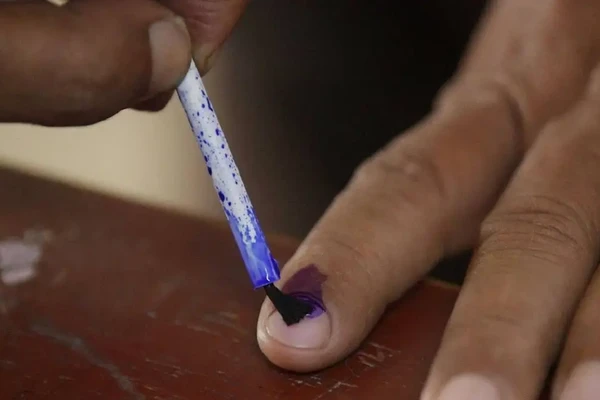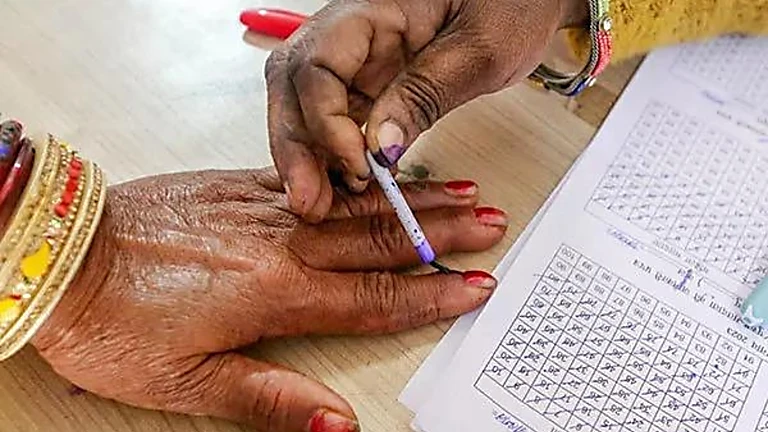Silence period was recently observed in some states just before Lok Sabha voting.
About Silence period:
- The silence period is a 48-hour timeframe during which all election campaigning must cease, governed by Section 126 of the Representation of the People Act, 1951.
- It applies to political parties, candidates, and the media, aiming to prevent influence on voters immediately before voting.
- Directive issued by the District Magistrate to enforce these regulations.
Regulations during the silence period:
- Ban on unlawful assemblies, public meetings, and use of loudspeakers.
- Restriction on gatherings to less than five people, though door-to-door campaigning is allowed.
- Prohibition on displaying election matters like opinion polls on TV or similar apparatus.
- Ban on political advertisements through electronic and social media.
- Prohibition on musical concerts, theatrical performances, and other entertainments intended to attract public attention.
- Ban on the sale or distribution of alcohol within polling districts.
- Political leaders and star campaigners must refrain from media interactions.
Ref: Source
| UPSC IAS Preparation Resources | |
| Current Affairs Analysis | Topperspedia |
| GS Shots | Simply Explained |
| Daily Flash Cards | Daily Quiz |


